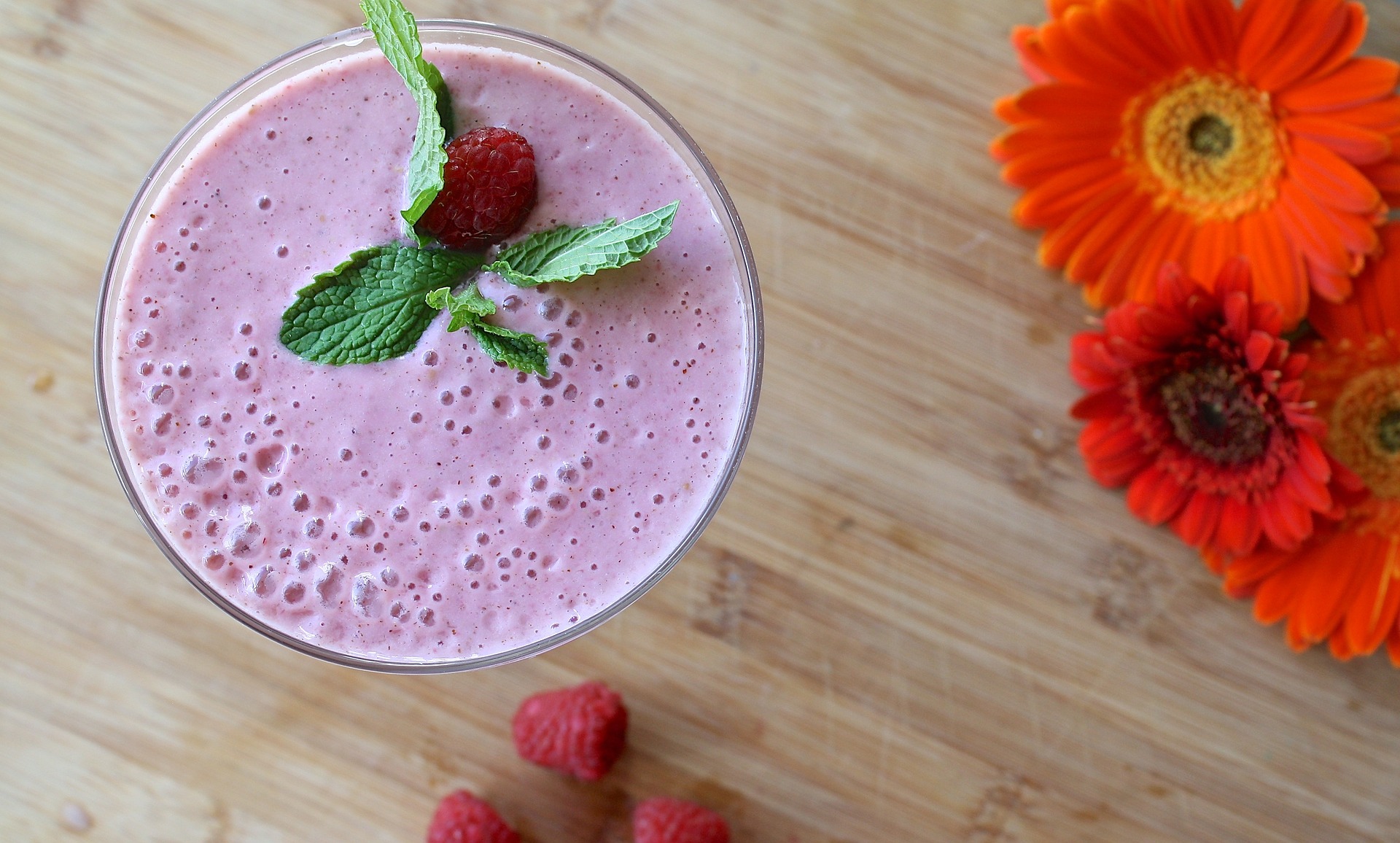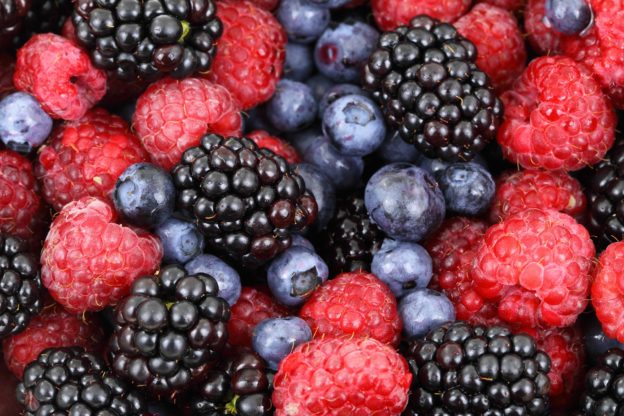You may have heard this idea bounded about before, but why are antioxidants so important? In this article we really break it down for you and show you how to increase your own antioxidant status…
We need antioxidants to balance out oxidative stress caused by natural processes the body goes through – such as detoxing, breaking down waste, production of reactive oxygen species (which comes form intracellular processes), neutralising “free radicals” from toxins and so on.
Ultimately, when these bodily processes are not functioning properly, because they are missing these vital nutrients, the body struggles to protect this damage that naturally occurs. As this damage progresses, it changes our energy levels, our ability to heal quickly, how well our liver can detox, and so much more, and we feel weaker, more tired, get ill easily and take longer to recover. Lets learn more about what else is going on under the surface…
The negative effects of harmful ‘free radicals:
- Free radicals are electron-hungry molecules, which are formed in the body as a consequence of being exposed to different stressors.
- Free radicals cause oxidative stress and cause damage to cells in the body and brain.
- Free radicals are electron-hungry molecules, which are formed in the body as a consequence of being exposed to different stressors such as alcohol, fried food, pollution, stress and smoking.
Antioxidants are also needed as nutritional co-factors for detoxing, mainly for neutralising reactive oxygen species (ROS) which is a byproduct of the detoxing process. Antioxidant protects cells and prevents cellular damage…
- ROS intermediaries are produced as a normal product of cellular metabolism.
- Various environmental stresses lead to excessive production of ROS causing progressive oxidative damage and ultimately cell death.
-
Antioxidants are nutrients that can counter the negative effects of harmful ‘free radicals’ and ROS.
-
It’s essential to have good antioxidant status for the liver to be able to detox well.
If detox processes are not protected and toxin and hormone metabolites (these are broken down hormones that need to leave the system) aren’t able to leave the system properly then they may stay within circulation in the body clogging up our channels, making the system more toxic and impacting our mood (some hormones are neurotransmitters – the ones responsible for transmitting thought patters and maintaining mood).

Modern living increases our demand because we may be exposed to pollutants from the environment, toxins in the home, cosmetics, products and in food, we may be more stressed due to city life or work or have a high carbohydrate diet due to being on the go and being away from the land and plant based complex whole food sources that are protective and good for the metabolism. And this exposure needs to be neutralised on a daily basis.
So if your need for antioxidants in this way is increased, we may need more than someone else who lives, lets say, a stress-free life in the country making meals from whole foods.

Antioxidants are also needed for a whole host of other bodily functions, the list is endless but here are some important ones…
- fighting ageing
- bone regulation
- gene regulation
- eye health
- brain health and mood
- hormone health
To improve your antioxidant status, consider:
- Sleep hygiene, time and quality – as melatonin produced when we sleep is a superior antioxidant

- Nutritional intake/status
- Doing functional testing to check your status eg One Test from Genova Diagnostics – Natasha’s clients get 40% off these tests.
- Your existing oxidative stress/load
- Quality of the source of your food
There are endogenous (sources produced within and by our body) & exogenous (we get these outside the body from nutrition) sources of antioxidants…
So a long term goal would be to optimise processes within our body to produce more of our own antioxidants, which, actually, are more superior than the food ones! Making sure your body is producing as much of this as it can so it relies less on external sources. These are (many of which you can by from nutraceuticle companies like Biocare where our Earth Clinic & blog subscribers get 25% off):
- Glutathione peroxidase (GPX)
- Melatonin
- Alpha liopoc acid (ALA)
- CoQ10
- Catalse
- Superoxide dismutase (SOD)
Some exogenous antioxidants
- Vitamins A, C and E, beta-carotene and the mineral selenium, plus many other plants – beta-carotene is its primary plant-derived precursor antioxidant. Some sources are below…
| Vitamin A | Vitamin C | Vitamin E |
| Sweet potatoes | Cantaloupe | Sunflower seeds |
| CArrots | Oranges | Almonds |
| Dark leafy greens | Broccoli | Dark leafy greens |
| squashes | Red/green sweet peppers | Avocado |
| Papaya | Broccoli | Peanuts |
| Red peppers | Brussel sprouts | Asparagus |
| Fish | Strawberries | Hazlenuts |
| Liver | Pineapple | Seeds |
| Tropical fruit | Kiwi | Pine nuts |
| Paprika | Cauliflower | Papaya |
| Turkey | Guava | Olies |
| Tomatoes | Berries, blackcurrants | |
| Peas | Organ meats eg liver |
- Foods including bioflavonoids are the best-known antioxidant substances, which have been found to have other beneficial anti-inflammatory effects. Good Food Sources include – almonds, avocado, berries, blackcurrants, broccoli, liver, organ meats, red and green sweet peppers.

Use the ORAC values to find the highest value antioxidants– triphala powder, clove, cherry coffee fruit sumac bran, oregano and rosemary are at the top, goji berries, blueberries, artichoke, cacao, berries (elder, black, cranberries), coriander/cilantro (essential oil) and so on are up there too. Check out Superfoodly’s ORAV value website here to look up your favourite foods…
Other incredible antioxidant superfoods also containing other beneficial nutrients:
Coconut, moringa, goji berries, pecans, coriander/cilantro, raw cacao, aloe vera, acai, apricots, avocados, broccoli, buckwheat, cinnamon, figs, flaxseeds, chia seeds, garlic, leeks, onions, ginger, green tea, kiwi, melons, mushrooms, peppers, pineapples, pomegranete, pumpkin, seaweed, spinach, sesame seeds, turmeric, bosweillia.
Here are some tests to help you measure your antioxidant status, immune health and interrelated pathways…
- pH testing with lipmus paper – tests for alkalinity – acidity status of the mody which indicates current nutritional status. Themore alkaline th ebody, the more nutrients and antioxidants the body has.
- Heavy metal for toxiciity and determining what demand your body will have
- Methylation pathways – how well you body is detoxing through this pathway and determining what demand your body will have
- Liver function – determining what demand your body will have
- Kidney function – determining what demand your body will have
- Blood tests/counts – looking at vitamin and nutrient status, common ones in the UK through the GP are, vitamins D, A, B12, C, magnesium, selenium, iron, calcium, phosphorous, sodium, potassium
- ESR/CRP – these are markers for inflammation in the body – so we determine the demand for antioxidants
- ONE Test with Genova Diagnostics (Natasha’s clients get 40% off this and other tests)– tests for full antioxidant and mineral status
- Genetic testing – SNPs/abnormalities in genes involved in bodily processes like liver detox are useful to optimise these functions and target medical interventions – 23andme is a Google owned company that provides the most cost-effective solution but Genova Diagnostics and other companies also do tests.
Our immune system is part of the foundation of our overall health and with this increasingly toxic modern world we live in, we’ve got to consider whether we are getting enough antioxidants to keep it running well. I hope this article has helped you understand more about how to support your immune and overall health better.




